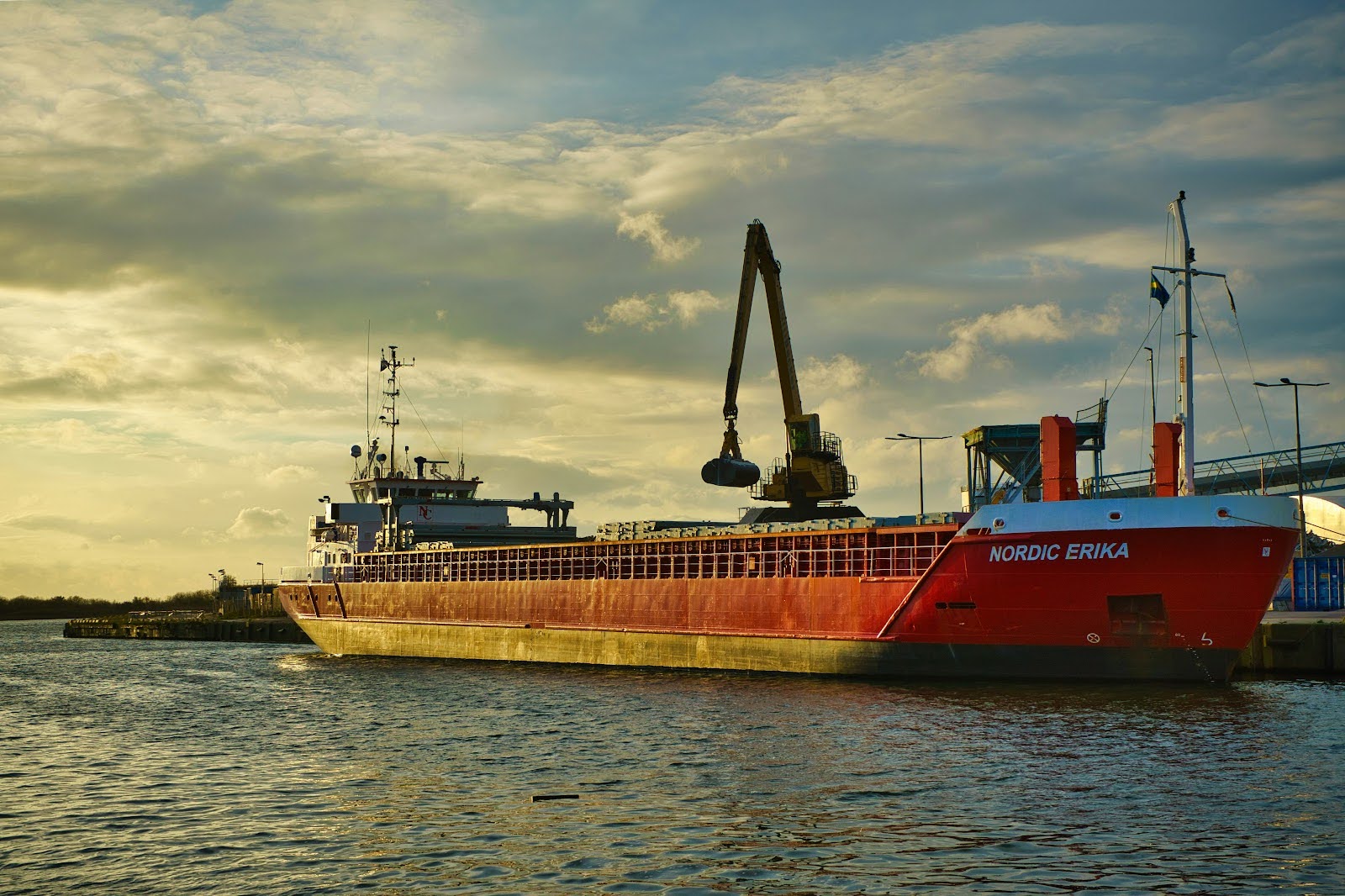
Ever felt confused by the term bonded carrier while dealing with international shipping? You’re not alone. The term can sound really technical, but it is something that every importer and exporter should be well-versed in.
So read on till the end to know what a bonded carrier is and how it plays an important role in cross-border shipping.
What’s a Bonded Carrier?
Imagine this: you’re transporting items across borders but aren’t ready to pay import duties just yet. This is where a bonded carrier steps in. These are customs-approved logistics businesses that can carry your goods across borders without an immediate requirement to clear immigration or pay fees.
Why are they called “bonded”? Because they’ve posted a financial bond with customs authorities that acts like insurance. If something goes wrong or the taxes don’t get paid, that bond covers the risk.
Why Should You Care?
In short, using a bonded carrier makes life a lot easier when moving goods internationally. Here’s why:
1. You Can Delay Paying Import Taxes
One of the biggest perks? You don’t have to pay customs duties the moment your goods hit the port. A bonded carrier lets you postpone that until your shipment reaches its final stop. That can make a real difference in how you manage cash flow.
2. Fewer Delays at the Border
Customs loves paperwork—and delays. But bonded carriers already have approval from customs, which helps your cargo move faster through checkpoints. Less red tape, fewer stops, and quicker delivery.
3. Higher Compliance Standards
Using a bonded carrier means working with a company that meets strict regulatory guidelines. These carriers are licensed, bonded (hence the name), and regularly checked by customs. That lowers the chance of unexpected issues.
4. Great for Expensive or Sensitive Items
Let’s say you’re shipping medical equipment or luxury goods. A bonded carrier keeps your shipment sealed and secured until it’s officially cleared. That extra protection goes a long way in safeguarding valuable cargo.
5. Perfect for Complicated Routes
If your shipment needs to pass through several countries before reaching its destination, bonded carriers are a lifesaver. For example, moving goods from Mexico to Canada via the U.S.? A bonded carrier can handle the full route without stopping for customs at each border.
When Should You Use One?
Not every shipment needs a bonded carrier, but here are some times it really makes sense:
- When you’re storing goods in a bonded warehouse before customs clearance
- If your cargo is just passing through another country
- When you’re doing a temporary import, like a trade show display
- If you need to defer duties to better manage cash
- When your logistics involve multiple borders
Real-World Example
Suppose you import items from Asia into the United States, but they are intended for distribution in Canada. Instead of passing customs in the United States, you can utilize a bonded carrier to transport the item directly to the Canadian border. You avoid US tariffs, save time, and streamline the procedure.
Key Benefits of a Bonded Carrier
- Delays in duty payments
- Speeds up border crossings
- Adds security for valuable goods
- Helps you stay compliant
- Supports complex, multi-border routes
Final Thoughts
A bonded carrier may be quite helpful when it comes to cross-border logistics. These carriers can help you move goods more quickly, cut costs, or expedite customs processes.
It is worth considering whether to use a bonded carrier the next time you’re organizing an overseas cargo.
The answer is probably in the affirmative.






